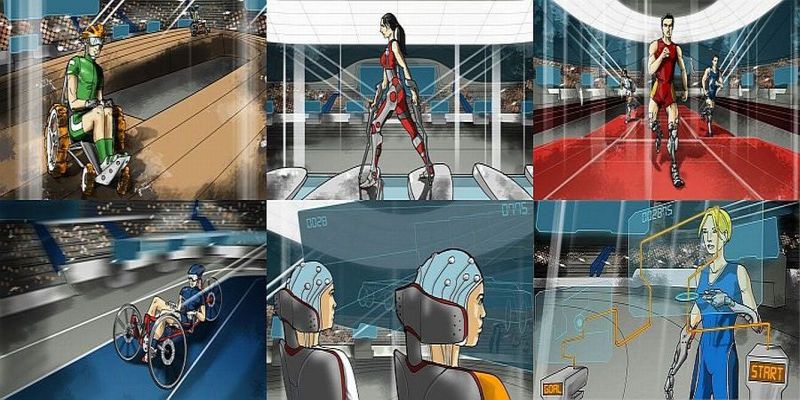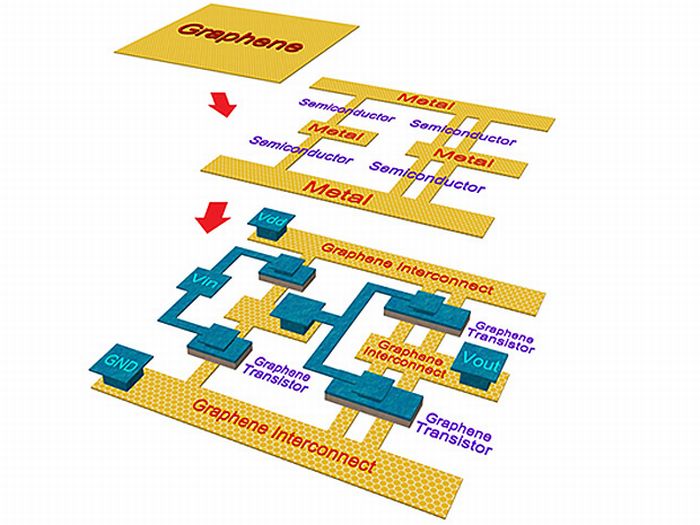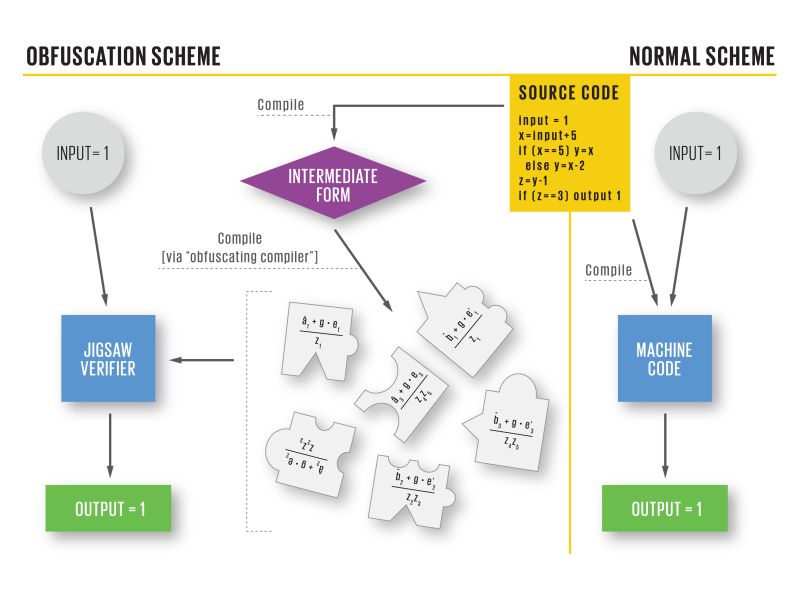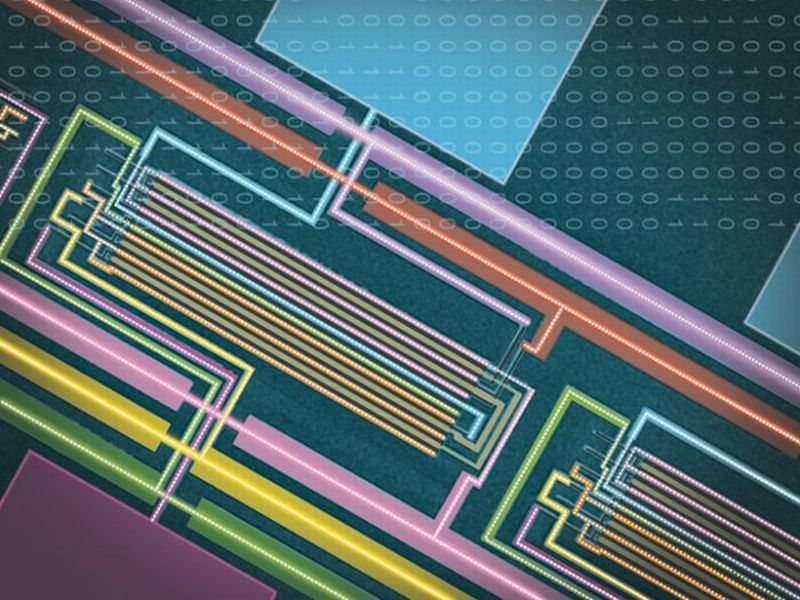ETH Zurich in collaboration with the Swiss National Competence Center of Research in Robotics have attempted to take Paralympics to the next level by coalescing the conventional prosthetics with robotics. There has already been an incremental improvement with the equipments being employed by the players in the Paralympic Games including but not limited to prosthetic limbs and swimsuits. If we talk about the props like bows & arrows, cycles, wheels, we would agree that taking these equipments to the higher level of proficiency is not a difficult job than enhancing…
Read MoreTag: computer science
Virtual Environment gets converged with Real World: The Sulon Cortex
Running against the walls of the physical reality is one of the major huddles while being into the world of gaming in the virtual reality. Sulon Technologies, a Canadian based startup delved into the issue and pioneered a new spirit into the visual immersion system by their latest concept to which they call the Cortex.
Read MoreNew Computer Vision System: Emotion Recognition
Everyone, in some point or the other in life, must have faked of being in pain or being ill, to escape from going school, college, office or so on. We humans are not always correct to distinguish a fake emotion from the genuine one. Lately, researchers have developed a computer system that can easily distinguish when an individual is genuinely in pain or is just faking it away more accurately than the humans.
Read MoreHow To: Improve PC Performance For Win OS
Lately, I have noticed that my machine with Win OS is running slow. Though this is not a general problem but happened recently so I worked along the following strategies. It helped me improving my machine’s overall performance. I hope the following eleven steps might serve you well too in case any of you are facing the same issues. 1. Disk space: At least 15% of the storage space must be kept free as it helps in efficient running of the machine. How this can be done? Go to My…
Read MoreComputer Noises Now A Gateway To RSA Key Extraction
Since the inception of RSA public-key encryption in 1977, it has acted as a sentinel guarding online privacy and verified authenticity across the globe while using computers, gadgets and web browsers. But now it seems, like any other product cycle, this one too has reached the platform and soon enough it might require a revamp. A team of three researchers in Israel has claimed their ability to crack 4096-bit RSA encryption keys by listening to internal computer components that produces shrilling noises. Researchers said that they studied the noises produced…
Read MoreStanene Could be The New Building Block For Circuit Structures
Topological insulators by default mean heavy and electron-rich elements however, recent research at sub atomic levels are changing this age-old fact. Researchers have been fascinated with this evolved class of material. According to Wikipedia, A topological insulator is a material with time reversal symmetry and trivial topological order, that behaves as an insulator in its interior but whose surface contains conducting states, meaning that electrons can only move along the surface of the material.
Read MoreSemiconductors: Graphene Will Be Replacing Silicon In The Chips
Researchers at the International Technology Roadmap for Semiconductors (ITRS) envision that copper-based relay points in silicon chips would very soon become obsolete. All types of interconnections employed in integrated circuits (ICs) will also cover this redundancy. Graphene, as per scientists, will be the next frontier in computing. Traditional silicon-based transistors and metal interconnects were using materials, which were bulky in the sense that it was affecting the feature-sizes and contact resistance problem. So in order to address this issue, researchers in electrical and computer engineering at the University of California,…
Read MoreMathematical Obfuscation: A Trajectory In Cryptographic Research
Figuring out any computational system’s Achilles’ heel won’t be a trouble-free job as it might be before. Hackers are you listening! Period. Algorithms now are so progressive that deducing future trends is just a matter of few lines of codes. For instance, alogs can calculate which post might pull the maximum readership, on what topic one gets the highest number of tweets or how many times one scans own pic after uploading on facebook (this one’s for datasexuals).
Read MoreCarbon Nanotubes Now A Successor To Silicon Transistor
Carbon nanotubes, the exotic molecules are coming up as an alternative material to Silicon. In a major breakthrough, a group of Stanford engineers has fabricated a basic computer from carbon nanotubes, which they hope, run faster whilst consuming less energy. Researches from all across the world where working continuously to harness the promising material and finally they are able to see the results.
Read MoreThe Ultrafast Machine Ecology Might Combat Cyber Attacks
Lately, the global financial market witnessed a quick succession of ‘flash freezes’. A throng of super fast algos is considered as one of the main reasons for these glitches. The algorithms work at a speed, which is beyond human ability to counter and thus, overwhelmed the overall systems. The financial market makes an unexpected and rapid transition into the cyber jungle inhabited by packs of aggressive trading algorithms. These algorithms can operate so fast that humans are unable to participate in real time, and instead, an ultrafast ecology of robots…
Read More









